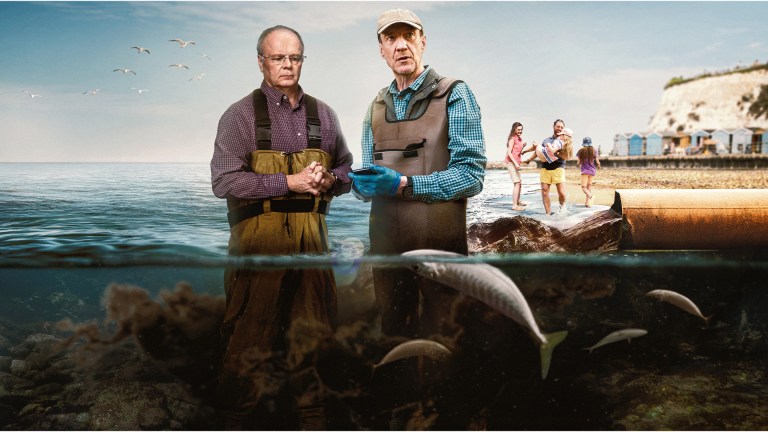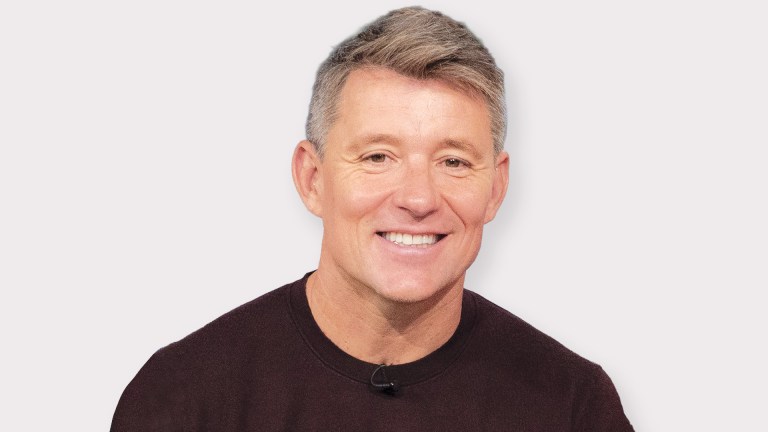Debuting the same year as man first walked on the moon, it’s easy to see the debut of Sesame Street on November 10, 1969, as a continuation of the optimism, progress and inclusivity that often defined the culture of the 1960’s. It’s a show that regardless of the era it’s been broadcast within – as war raged elsewhere in Vietnam, in Yugoslavia, in Iraq and Afghanistan – has always placed hope in children; that they can do better, than they can be better, that the future lies with them. This week – and 186 Emmy and eleven Grammy Awards later, with 140 different international editions broadcasting across the globe – the show turns fifty-years-old.
Five decades on, we should all take some solace in the fact that, yeah, the world may be ablaze with hate and intolerance across the entirety of its landmass, but on a fictional inner-city street in Manhattan, New York, an eight-foot, two-inch anthropomorphic canary is teaching a child how to count. The shows A list guest stars may come and go – John Legend, Amy Adams, David Beckham, Ryan Reynolds, Beyoncé, Danny DeVito, Tina Fey, Anna Kendrick, Jonah Hill, Peter Drinkage, and in perhaps the shows greatest ever musical moment, REM singing ‘Furry Happy Monsters’ in 1998 – but Big Bird is always there, fighting the good fight. Perhaps it will be forever so, though last year, Caroll Spinney, the veteran puppeteer for so long the flesh inside the feathers of Big Bird, retired at the age of eighty-four. His longtime apprentice Matt Vogel will now fill his <Googles ‘what are birds feet called?’> talons.
But it’s true there’s no end in sight for the trailblazing children’s TV show. Last month it was announced that episodes would air earlier on HBO Max than they would on the U.S.A. national public television provider PBS, which had broadcast the show since it’s sixties origins. That felt wrong somehow, the idea that the ‘haves’ would gain access to a show earlier than the ‘have nots’, whereas Sesame Street was, from the off, envisioned as a show for all children, regardless of class or creed. Famously the show came about at a dinner party in 1966, after a conversation between TV producer Joan Ganz Cooney and Lloyd Morrisett, vice president of thephilanthropic Carnegie Foundation, founded in 1911 to support education programmes in the U.S. Their aim was to create a TV show for children that would “master the addictive qualities of television and do something good with them”.
Two years of research followed beforethe newly formed Children’s Television Workshop (renamed the Sesame Workshop in 2000) received a combined grant of eight million dollars from Carnegie, the Ford Foundation, the Corporation for Public Broadcasting and the U.S. Federal Government. What was produced was pioneering. The show was from the off, one of the few TV shows that featured an ethnically diverse cast, with children from all backgrounds playing and learning together. In these early days the show was banned in Mississippi, after Allen Cavett Thompson, outgoing mayor of Jackson and a member of the Citizens’ Council, the U.S. white supremacist cooperative, protested against the use of taxpayer dollars being spent on the shows production, complaining of the shows ‘highly integrated cast of children’.
Thankfully the ban was overturned upon public outcry after a mere twenty-two days. Quite what Mississippi born Jim Henson made of all this – Henson being the creator of the Sesame Street Muppets – not to mention his most famous creation, Kermit the Frog (‘born’ in the Mississippi city Leland, or so says the tourist board) – has been lost to history.
The show continues to reflect the world as not only what it is, but what it could be. In 2017, and in this outwardly apolitical show’s most overt political move yet, the Sesame Street cast travelled to a variety of New York City neighbourhoods, including Chinatown, a predominantly west African area and – read into the relevance of this within Trump’s America all you’d like – a Mexican neighbourhood.









